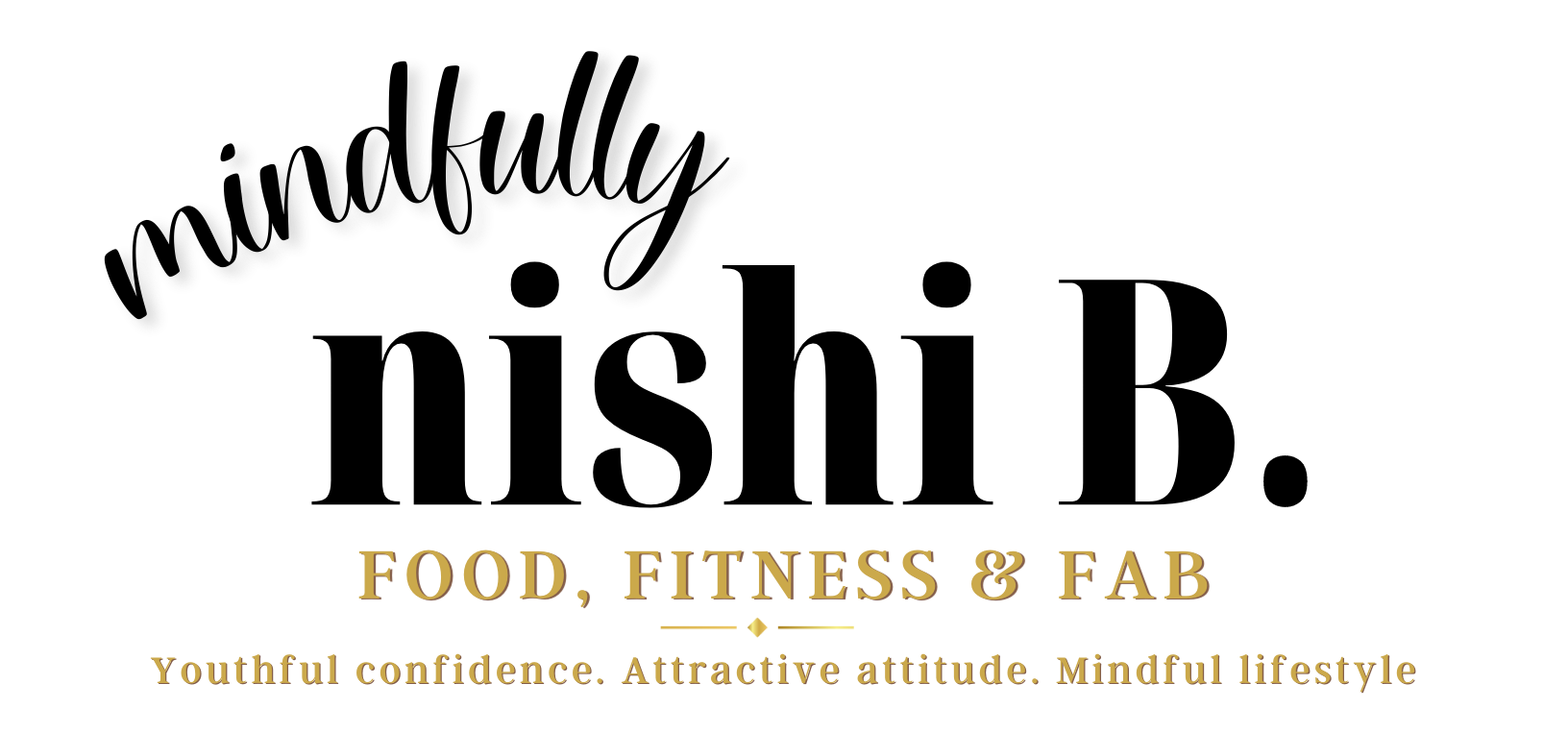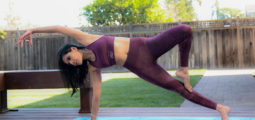While cardiovascular exercise is essential for heart health and can be part of a well-rounded fitness routine, it should not be the sole focus for women over 40. Combining cardio with strength training, flexibility exercises, and activities that promote bone health and functional fitness is a more comprehensive approach to overall well-being and healthy aging. It’s advisable to consult with a fitness professional or healthcare provider to create a personalized exercise plan tailored to individual needs and goals. Cardiovascular exercise, often referred to as “cardio,” can be a valuable component of a fitness routine for women over 40, just as it is for individuals of all ages.
Muscle Mass and Strength
As people age, they naturally experience a gradual loss of muscle mass and strength, a phenomenon known as sarcopenia. Cardiovascular exercise alone does not effectively address this issue. Strength training and resistance exercises are essential for preserving and building muscle mass, which is crucial for maintaining metabolic health, balance, and overall physical function.
Bone Health
Women, in particular, are at a higher risk of developing osteoporosis as they age. While cardio can improve overall health and circulation, it does not provide the bone-strengthening benefits of weight-bearing exercises such as resistance training and weightlifting. These activities help increase bone density and reduce the risk of fractures.
Metabolism
Muscle tissue is metabolically active, meaning it burns more calories at rest than fat tissue. As people age, their metabolism tends to slow down. Building and maintaining muscle through resistance training can help counteract this natural slowdown, making it easier to manage weight and maintain a healthy body composition.
Joint Health
High-impact cardiovascular exercises like running or high-intensity interval training (HIIT) can be hard on the joints, especially as individuals age. Incorporating low-impact activities like swimming, cycling, or using an elliptical machine can be gentler on the joints. However, strength training can help support joint health by improving the stability of the surrounding muscles and connective tissues.
Functional Fitness
Cardio primarily focuses on aerobic conditioning, but functional fitness and daily activities often require strength, balance, and flexibility. Strength training, along with activities like yoga or Pilates, can help maintain and improve these aspects of physical fitness, promoting independence and quality of life as people age.
Hormonal Changes
Women experience significant hormonal changes as they approach and go through menopause. Strength training can help mitigate some of the symptoms associated with hormonal shifts, such as mood swings, weight gain, and decreased bone density.
Leave a comment in the section below if you enjoyed reading this, saving it or making it.
We are always happy to hear from our readers.
Join me on Patreon for exclusive recipes, discounts, and more!






